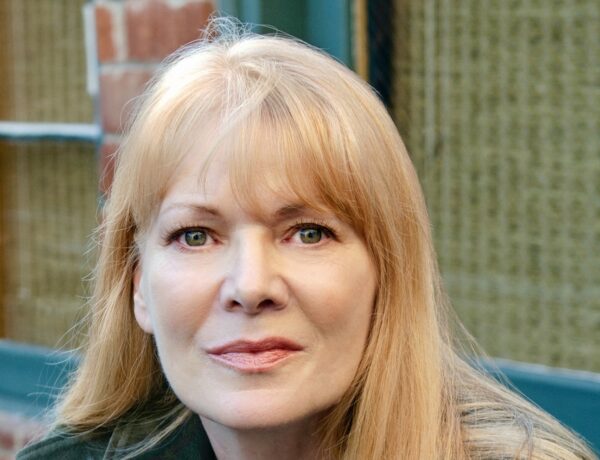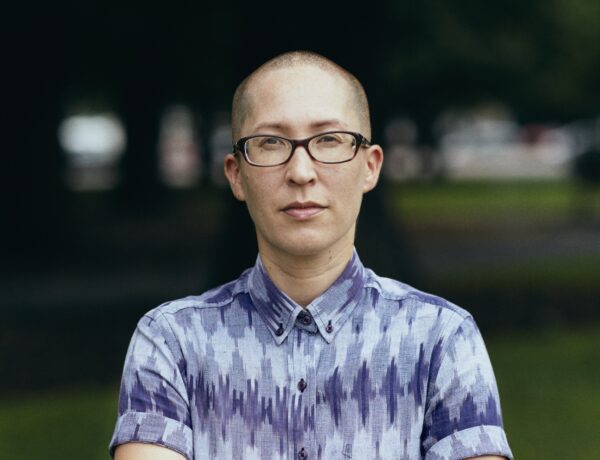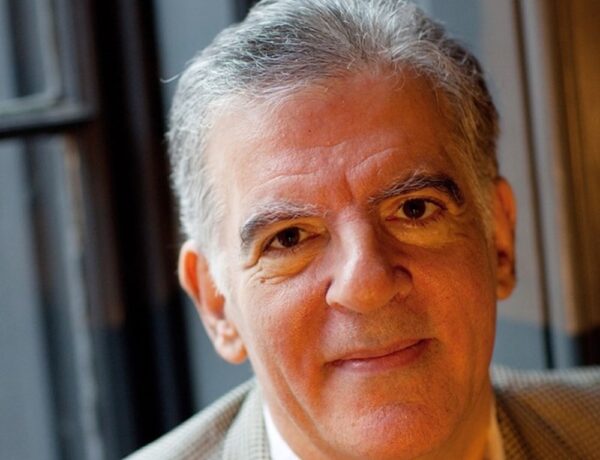Michael J. Tougias is a highly acclaimed author with over 30 books for adults and 7 for children and young adults to his name.
His works have reached New York Times bestselling status and include titles such as The Finest Hours, which was turned into a Disney Motion Pictures film that premiered in 45 countries in January 2016, as well as Fatal Forecast, Overboard, King Philip’s War, and External Survival: Lessons Learned.
Michael is also an experienced lecturer who travels across the country to speak on a variety of topics related to his books. He has delivered leadership and inspirational programs to business groups and given talks to companies and organizations such as General Dynamics, Raytheon, the Massachusetts School Library Association, and the New York University Surgeons Round Table, among others.
Each week, we publish a new daily writing routine from a famous author. Subscribe to our newsletter so you don’t miss out!
Hi Mike, welcome to Famous Writing Routines, we’re so glad to have you here with us today! Your books have been such a huge success, particularly The Finest Hours which was made into a movie by Disney. Can you tell us about the process of seeing one of your books adapted for the big screen?
The movie was a dream come true, but it made me realize so much luck was involved to make it happen. To be honest I think an author has little control over what catches the eye of Hollywood, but I figured the more books I write (I’ve done 30 for adults) the better my chances for a movie.
Your books cover a range of topics from survival stories to historical events. How do you choose the subjects you want to write about?
I need to have a keen interest in the subject matter because it will consume my life for about two years. Then I aim to narrow my focus to topics which somehow have been overlooked in the media or the world of books.
Many of your books, such as Fatal Forecast and Overboard, focus on true-life survival stories. What draws you to these types of stories and how do you approach writing them?
The stories that grab me are the ones where I say to myself “I could have never made it out of that situation alive” and that leads me to track down the survivors and find out how they did it. Oftentimes it is the mental mindsets they applied, and I take a deep dive into that in my latest book Extreme Survival: Lessons From Those Who Have Triumphed Against All Odds. I love the research and interviewing process, but the writing will always be difficult. So my mantra when writing is “Keep it fast paced” and that makes me focus on the core story and eliminate going off on related tangents.
Do you struggle to stay focused while writing? You’re not alone! That’s why Famous Writing Routines recommends Freedom – the ultimate app and website blocker for Mac, Windows, Android, iOS, and Chrome. With over 2.5 million users, Freedom helps writers stay on task and avoid distractions. Get started for free today and reclaim your productivity!
What advice would you give to aspiring writers or those interested in writing about survival stories or historical events?
Two points for success: Keep coming back to the main character so the reader forms a bond with him or her, because once that bond is formed the reader will care about the character and keep turning the page to see what happens. And with history, make the story lively. Two many authors try to cram in everything they learned and that slows the pace down. Knowing what to leave out is as important as what to put in.
You’ve written 30 books for adults and 7 for children and young adults. How does your approach differ when writing for a younger audience?
For young adults my approach is almost the same as for adults, but I simplify the narrative and reduce the number of characters.
Can you tell us about your writing routine? What does a typical day look like for you?
I have no routine whatsoever. I wish I did but there are always interruptions. So I think the key for a successful new writer is to write when you can. I try to clear the decks of other work first, and that means I usually write at night. And of course there is nothing like an afternoon nap to give you the energy to write later in the day!
If you could have a conversation with any author throughout history about their writing routine and creative process, who would that person be?
I’d love to know how Thoreau approached his books. It must have been incredibly difficult without a computer to make changes to a manuscript. And without a copy machine, how did he send the manuscript to editors without being paralyzed by fear that it would get lost.
I’d love to know about the books you’re reading at the moment. What have been some of your favorite recent reads?
Laura Hillenbrand’s Sea Biscuit and Michael Shara’s Killer Angels were both great books. At this moment I’m enjoying Into The Magic Shop which is a book about how manifesting what you desire most helps you attain that particular goal.
What does your current writing workspace look like?
It usually looks like a mess, but one of these days (I’ve been saying this for 30 years) I’ll have it nice and tidy. One trick that has helped is to set up a writing office in a different room from where you conduct your other business, and have two separate computers.
Affiliate disclaimer: Some links on this website are affiliate links. We may earn a small commission if you make a purchase through these links, but only promote products we truly believe in. We disclose affiliate links and give honest reviews.



No Comments